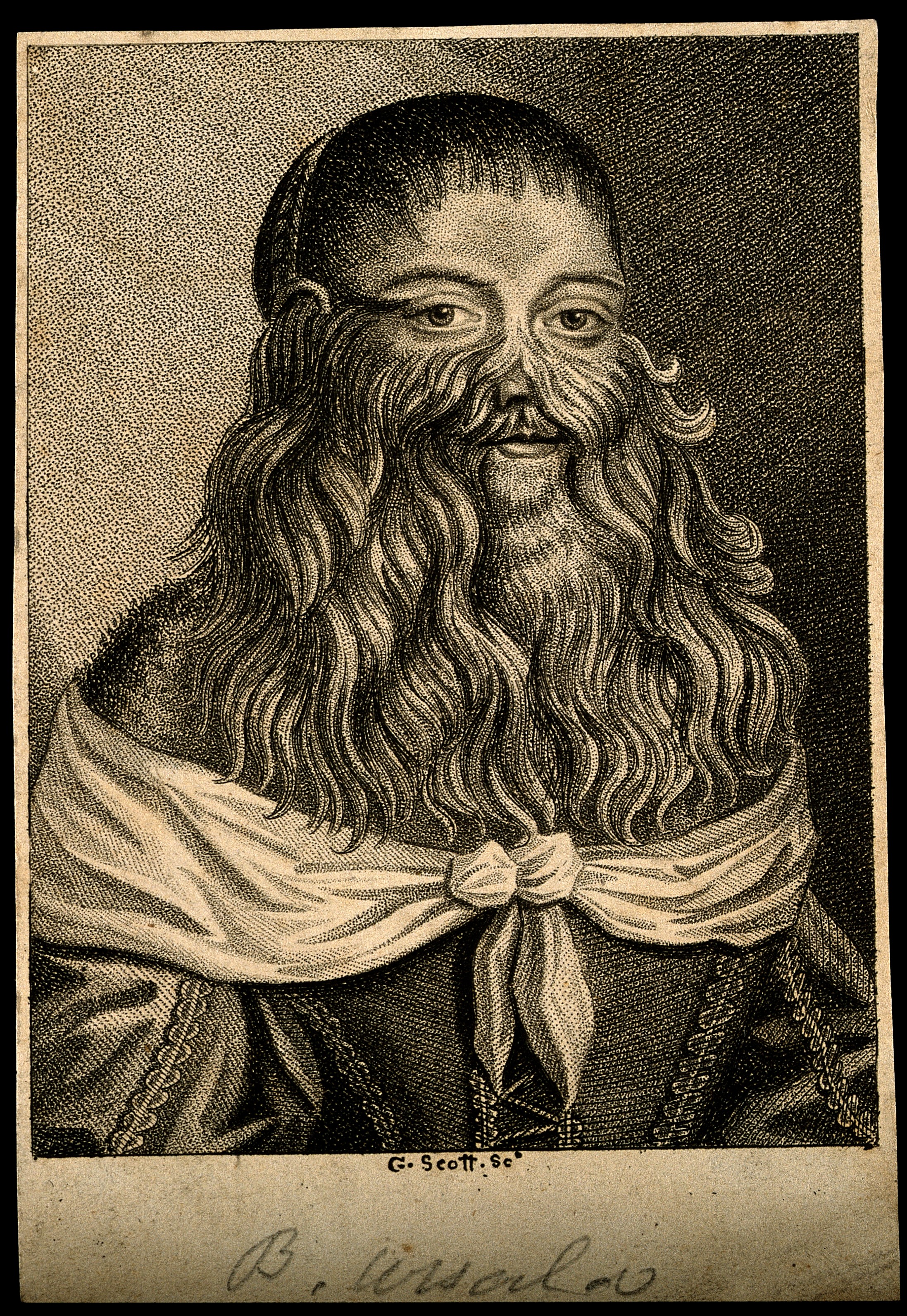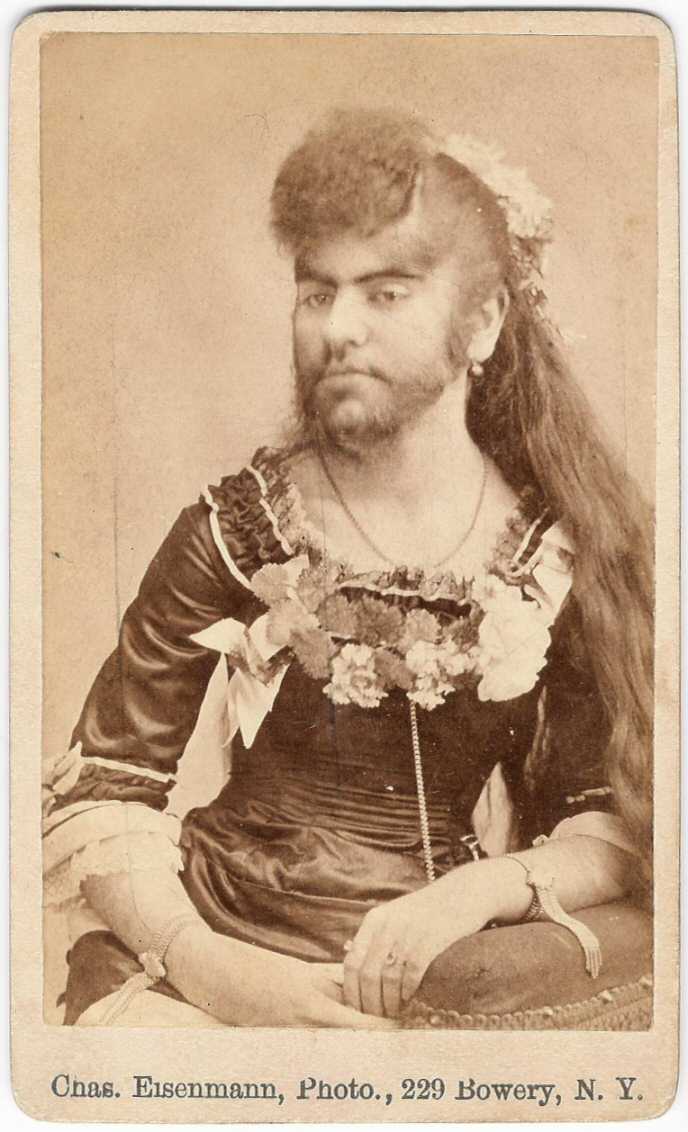Hirsutism historical perspective
|
Hirsutism Microchapters |
|
Diagnosis |
|---|
|
Treatment |
|
Medical Therapy |
|
Case Studies |
|
Hirsutism historical perspective On the Web |
|
Directions to Hospitals Treating Hirsutism historical perspective |
|
Risk calculators and risk factors for Hirsutism historical perspective |
Editor-In-Chief: C. Michael Gibson, M.S., M.D. [1]; Associate Editor(s)-in-Chief: Rasam Hajiannasab M.D.[2]
Overview
Throughout the history hirsutism has been regarded as a syndrome of hair growth in women in a male pattern , obesity and menstural irregularity (Apert, 1910) . Other authors considered hirsutism as masculine hair growth only(Howard and Whitehill, 1937; Glass and Bergman, 1938). Hirsutism has been the most outstanding symptom in virilism and masculinization and also the major feature of adreno-genital syndrome which was introduced in 1905 by Bulloch and Sequiera.[1]
Historical Perspective
- In 1905, Bulloch and Sequeira were the first to report cases about prepubertal virilizing changes due to adrenal cortex lesions.[2]
- In 1910, DR. Apert used the term of "Adrenal virilism" for the hirsutism disease. In 1912, Dr. Gallais named it as "Adreno-genital syndrome".[2]
- Between 1933 and 1953, Dr. Broster and Vines held various studies on the adreno-genital syndrome. Dr. Broster described the adreno-genital syndrome as it may include hirsutism before or after puberty and include also cushing syndrome.[2]
 [3] |
 [4] |
References
- ↑ "CHAPTER I: A Clinical and Historical Review of Hirsutism, Cushing's Syndrome and Precocious Puberty". Acta Medica Scandinavica. 116 (S149): 1–9. 2009. doi:10.1111/j.0954-6820.1944.tb01683.x. ISSN 0001-6101.
- ↑ 2.0 2.1 2.2 BROOKS RV, MATTINGLY D, MILLS IH, PRUNTY FT (1960). "Postpubertal adrenal virilism with biochemical disturbance of the congenital type of adrenal hyperplasia". Br Med J. 1 (5182): 1294–8. PMC 1967546. PMID 13804792.
- ↑ "Hirsutism - Wikipedia".
- ↑ "upload.wikimedia.org".